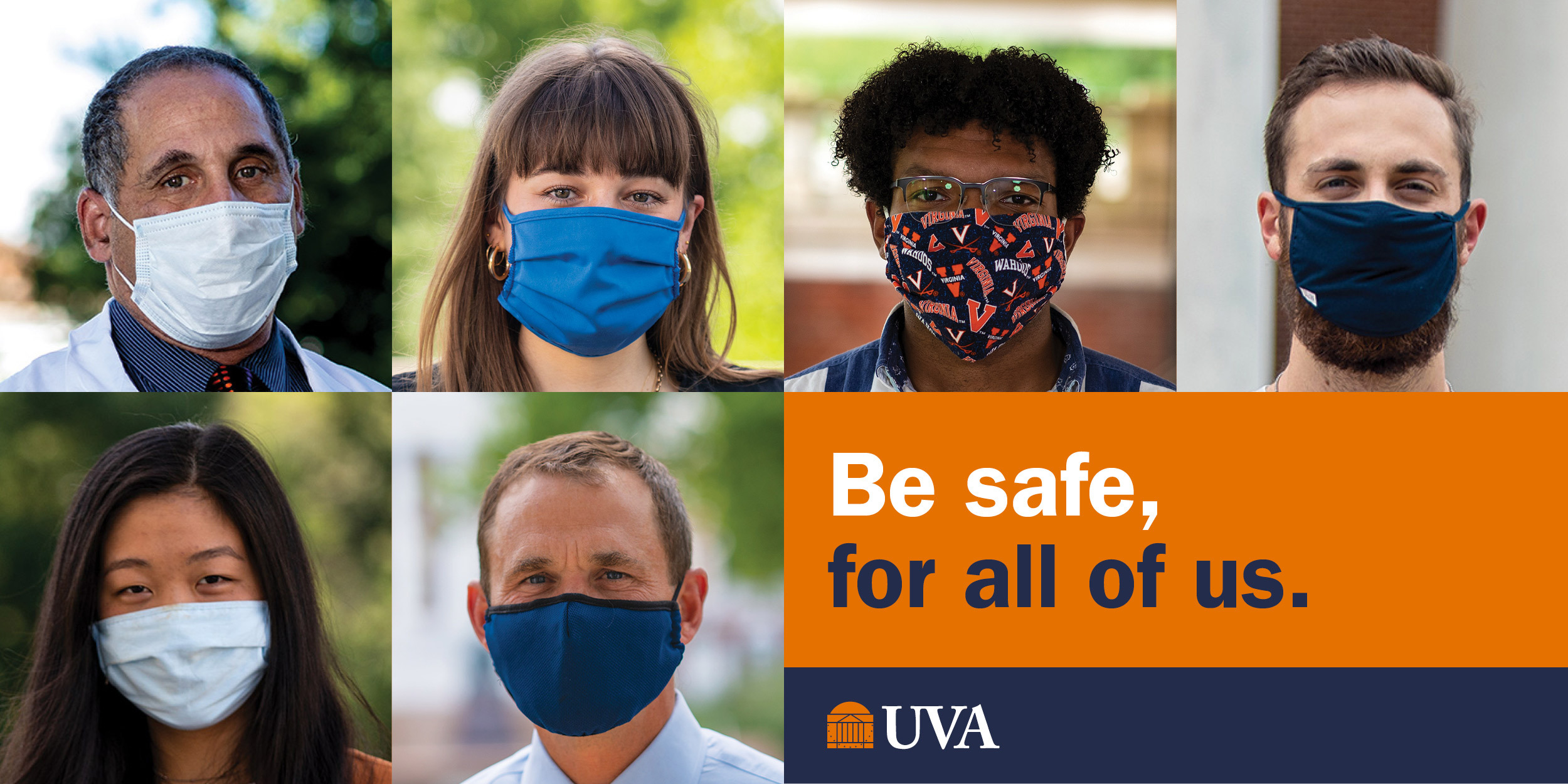New discoveries about the immune response made against a particular part of the COVID-19 virus in children who have the rare but dangerous multisystem inflammatory syndrome in children, or MIS-C, may have important implications for the development of vaccines and immune therapies for COVID-19, according to a new commentary from Dr. Steven Zeichner of UVA Children's and Dr. Andrea Cruz of Baylor College of Medicine in Houston, published in the scientific journal Pediatrics. Both Zeichner and Cruz are associate editors of Pediatrics.
Zeichner and Cruz's commentary accompanies an article written by Christina A. Rostad and colleagues, from Emory University and the University of Texas Medical Branch, Galveston, outlining new insights into MIS-C, a serious complication of COVID-19 that occurs in a small, but still significant number of children. Why a particular child develops MIS-C is not known, nor is it known what may place a child at increased risk for MIS-C.
Rostad and colleagues found that children with MIS-C had substantially higher levels of antibodies against a particular part of the COVID-virus known as the receptor binding domain, or RBD, part of the virus' spike protein that lets the virus invade cells. While not definitive proof, the findings suggest that a stronger immune response against RBD may be associated with MIS-C, either as simply an indicator or potentially in some sort of causal relationship.
The discovery that high levels of antibodies against RBD are associated with MIS-C could prove helpful in diagnosing MIS-C, Zeichner and Cruz note. But there may also be other implications. If antibodies against RBD - or some subset of antibodies against RBD - contribute to causing MIS-C, there may be some subtype or amount of antibodies against RBD that are unhelpful, or even dangerous. For example, doctors may need to consider this when treating COVID-19 patients with convalescent plasma from other patients recovering from COVID-19.
Ensuring Safe COVID-19 Vaccines
RBD is a component of many of the COVID-19 vaccines in development, Zeichner and Cruz write, so the new findings may prove important there as well. If some antibodies against RBD are associated with MIS-C or increased inflammation, it would be essential to carefully evaluate subjects enrolled in the vaccine clinical trials for evidence of increased inflammatory responses, particularly if and when those research subjects are exposed to and infected with the COVID-19 virus.
The possibility is an important reminder, they write, that the urgent desire for a vaccine must not eclipse the need for thoughtful, thorough testing.
"There are 200-plus vaccines at various stages of development out there, and I think that the deeper implication of the finding … is that we need to be careful about potential safety concerns, which will need to be considered during the development of the vaccines," Zeichner said.
Public trust - and Americans' enthusiasm for getting a vaccine - depends on the faith the public has that the safety of any vaccine has been evaluated carefully, he said.
"We do not want to have a situation where patients do not have confidence that a vaccine is safe, nor do we want a vaccine to be prematurely approved and prove later to have significant safety concerns," he said. "Such problems could ultimately do a disservice to the cause of controlling the pandemic. Potentially, people would not trust any COVID-19 vaccine, or even perhaps other vaccines."
About the Authors
Zeichner holds appointments in the UVA School of Medicine's Department of Pediatrics and the Department of Microbiology, Immunology and Cancer Biology. He is part of UVA Children's Child Health Research Center. Cruz is a pediatric infectious disease specialist and a pediatric emergency medicine physician in Baylor's Department of Pediatrics.

Zeichner's research is supported by UVA's McLemore Birdsong endowed chair, the Pendleton Pediatric Infectious Disease Laboratory, the Manning Fund for COVID-19 research, the Ivy Foundation and the Coulter Foundation.
He disclosed that he is an inventor of new vaccine-development technology and is using that technology to develop COVID-19 vaccines.
To







